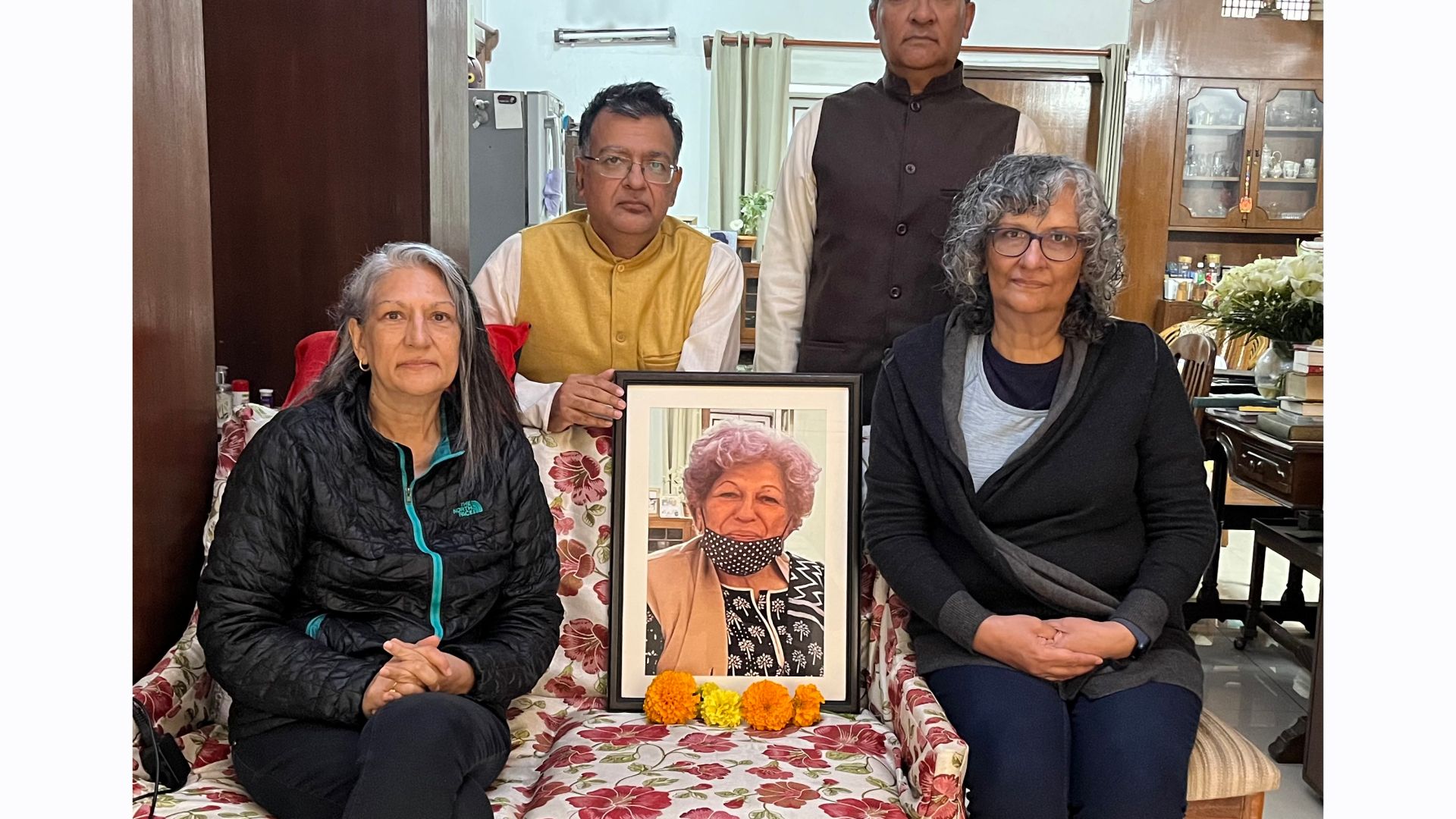A fire, two deaths and the business of elder care in India
It was still dark at 5:30am on January 1, 2023, when a message flashed on head constable Paramjit Singh’s phone. His police station’s WhatsApp group was reporting a fire nearby.
Singh, a tall Sikh with a thick white beard and grey moustache, got dressed and rushed to the four-storey glass and concrete building in Greater Kailash II, an upscale neighbourhood in the Indian capital. When he reached, orange flames were raging out of two rooms on the third floor of Antara Care Home for Seniors, a high-end, short-stay facility with liveried staff, round-the-clock medical care, attendants and a kitchen service that could rustle up special requests.
Kamal Kumar, 91, once married to the son of Jagjivan Ram, India’s former deputy prime minister, was staying in room 302, which was on the left. Kanchan Arora, 86, a widow and mother of four, was the patient in 301, the room on the right.
People from the neighbourhood were gathered outside the building, including the driver of the house next door who had made the call to the Police Control Room. A call had also been made to the fire department, just five minutes away, but no fire truck had arrived yet.
Inside the elder care home, there was chaos. Young men from the neighbourhood and some food delivery boys were helping patients and their attendants get out from the first and second floors.
On the third floor, however, fire from the two rooms that faced the road was creeping through the corridor and heading towards the emergency exit at the back of the building.
Six patients and their two family members were stuck in the floor’s nine rooms. Some, like Kamal Kumar, were bedridden. Others were on oxygen support or recuperating from a fracture or illness.
There were no water sprinklers, and by the time Singh tried to get in, flames had reached the staircase and the lift, making it impossible to access the third floor from inside the building.
Rescuers were trying to aim fire extinguishers, due to expire in five days, from the staircase at the flames but they were not helping.
